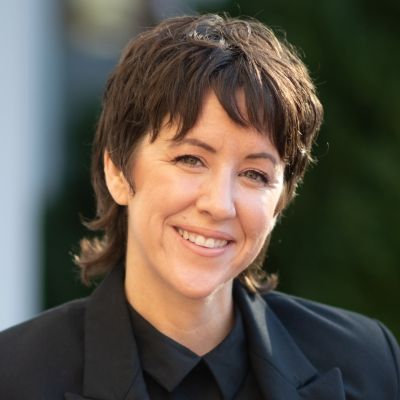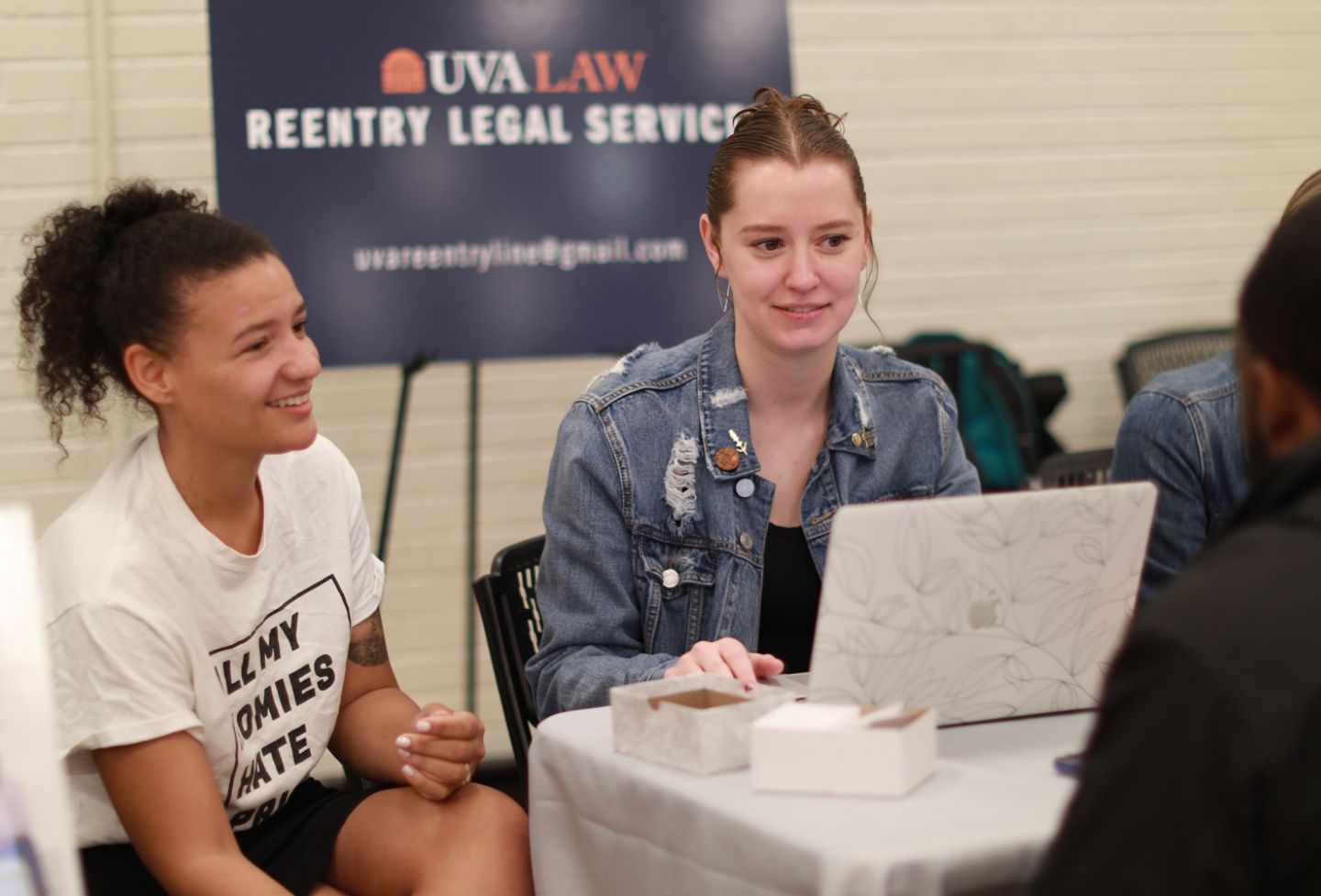This clinic works to stop the cycle of incarceration by assisting formerly incarcerated people with resolving the collateral consequences of arrests and convictions, and creating sustainable and effective reforms in their communities.
More than 13 million people cycle through jails and prisons every year in the United States. Upon release, there are over 45,000 laws regulating where people with arrest records and criminal convictions can live, where they can work, how they can engage in the financial sector, how they can associate with their friends and family, and what resources they can access. More than two-thirds will be reincarcerated within five years — meaning there are more people incarcerated for a second or subsequent term than for the first time.
The purpose of this clinic is for students to explore how mass incarceration was created and how it is maintained; to investigate structural racism and classism in the criminal legal system; to interrogate how and why the attendant consequences of contact with the criminal justice system often lead to unemployment/underemployment, housing instability/homelessness, financial insecurity and re-incarceration; and to develop legal skills to support formerly incarcerated people and their families with resolving the collateral consequences of incarceration, while empowering their clients and the communities to which they return to create and implement sustainable decarceration strategies, and drive community economic development.
The clinic combines seminar-style discussion with field work and service-based learning. Assigned readings and class discussion will give students the opportunity to explore the history and evolution of incarceration in the United States. Students will critically examine criminal justice reform efforts, and critically engage the concept of “reform” and “progress” in the context of mass incarceration. Students will also explore the role of the private sector in criminal justice administration, incarceration and reentry.
Students will work directly with formerly incarcerated entrepreneurs, activists and organizers to support their efforts to build community-based services. Students will have the opportunity to work on teams with community partners to identify a problem or gap that is impeding their organization's and their clients’ success, and will develop a project that offers legal strategies, among other social, practical and policy interventions to address that problem. Toward that end, students will have the opportunity to explore social entrepreneurship, policy, movement building and community organizing while also applying and strengthening their legal research, writing and oral communication skills.
Students will also have the opportunity to work one-on-one with clients who are nearing release or recently released to provide direct legal services through a community drop-in legal clinic conducted in partnership with local reentry organizations.
The clinic is yearlong, but for Fall 2024 only, students who previously took a semester-long version of the clinic may enroll in the Advanced clinic. Students are strongly encouraged to take Criminal Adjudication or Criminal Procedure Survey, either prior to or concurrently with the Fall semester of the clinic.
To be considered for this clinic, students must both rank the clinic in the clinic lottery and submit application materials within the timeline set by the Student Records Office. Students selected for the clinic through the clinic application/lottery process will be automatically enrolled prior to the regular course lottery.
The positions that the clinic takes on behalf of its clients are independent of the views of the University of Virginia or the School of Law.
Faculty
Kelly Orians
Assistant Professor of Law, General Faculty
Director, Decarceration and Community Reentry Clinic
Skills Taught
Impact advocacy; statutory and administrative policy analysis and advocacy; assessing legal and nonlegal regimes and solutions; working collaboratively with clients and stakeholders
Grading
S/U (fall); H/P/F (spring)
Course Credits
8, 3 for Advanced clinic Fall only
Application
Instructors
In the News
News About the Decarceration and Community Reentry Clinic
3.21.23 Decarceration Clinic's Busy Year Rebuilding Lives
7.19.22 Clinic Students Help Formerly Incarcerated Regain Civil Rights
1.10.21 A Plea for Forgiveness
11.10.21 Kelly Orians Joins Faculty as Director of New Decarceration Clinic
Recent Media Coverage
5.18.23 “Patrick Brown Is Free After 29 Years in Prison for a Crime Prosecutors Now Say He Didn’t Commit. His Fight Isn’t Over” (CNN)
5.10.23 “Man Walks Free After Spending 29 Years in Louisiana Prison for a Rape the Victim Insisted He Didn’t Commit” (NBC News)
5.10.23 “A Man Spent 29 Years in Prison for a Rape He Didn’t Commit. The Survivor Just Helped Free Him” (CNN)
5.8.23 “A Rape Survivor Told Law Enforcement Agencies They Had the Wrong Man for Decades. They Ignored Her.” (NOLA.com)
4.28.23 “Expungement Clinic Gives Arrestees Pathway Through Paperwork” (The Daily Progress)
4.13.23 “UVA Law Students Helping Formerly Incarcerated” (CBS19)
3.27.23 “UVA Law Students Looking for More Ways To Help the Formerly Incarcerated” (NBC29)

